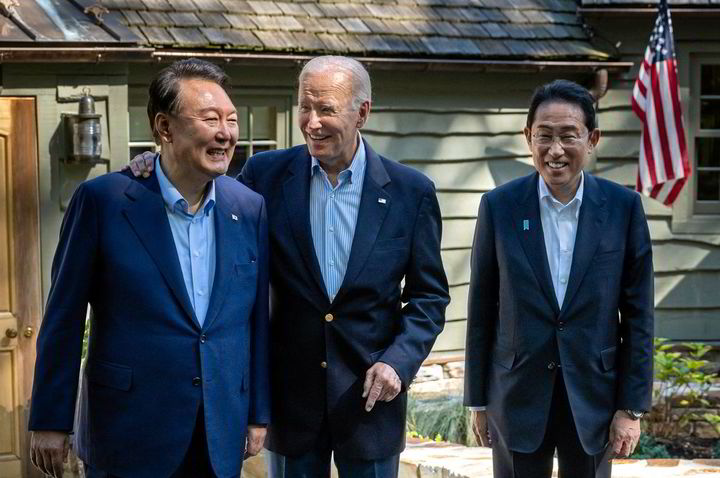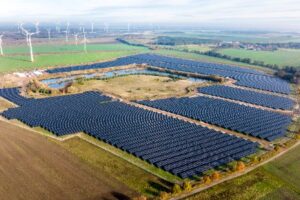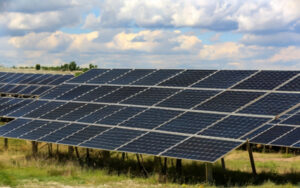Japan and South Korea to join forces on procurement of clean hydrogen and ammonia in bid to reduce costs: report

Japan and South Korea will next week announce a plan to join forces on the procurement of clean hydrogen and ammonia from overseas, according to Japanese financial newspaper Nikkei.
The hope is that by working together they can jointly negotiate prices of imports in order to reduce costs, while also ensuring, by 2030, a stable seaborne supply of the fuels, which both countries are planning to use extensively in a bid to reach net-zero emissions by mid-century.
“Government-affiliated financial institutions will assist Japanese and South Korean companies in raising funds for joint investments in hydrogen and ammonia production projects outside their home countries, such as the Middle East and the US,” Nikkei reports.
The plan — the Hydrogen Ammonia Global Value Chain — is due to be announced by Japanese Prime Minister Fumio Kishida and South Korean President Yoon Suk Yeol next Friday (17 November) during a joint visit to Stanford University in California. the newspaper says. The two leaders will already be in California for Asia-Pacific Economic Cooperation meetings in San Francisco.
South Korea and Japan both currently rely on fossil-fuel imports to power their massive economies, and do not believe they can meet their future energy needs through renewables, partly due to a lack of available land and partly due to the fact that their geographic isolation means they are unlikely to be able to import large amounts of green electricity from other countries.
They therefore plan to import large amounts of clean hydrogen and ammonia to help power their economies — including their electricity systems — despite the huge costs of doing so.
Critics argue that it would be far cheaper for the two countries to rely on domestic offshore wind, rather than imported hydrogen and ammonia to meet their net-zero targets.




